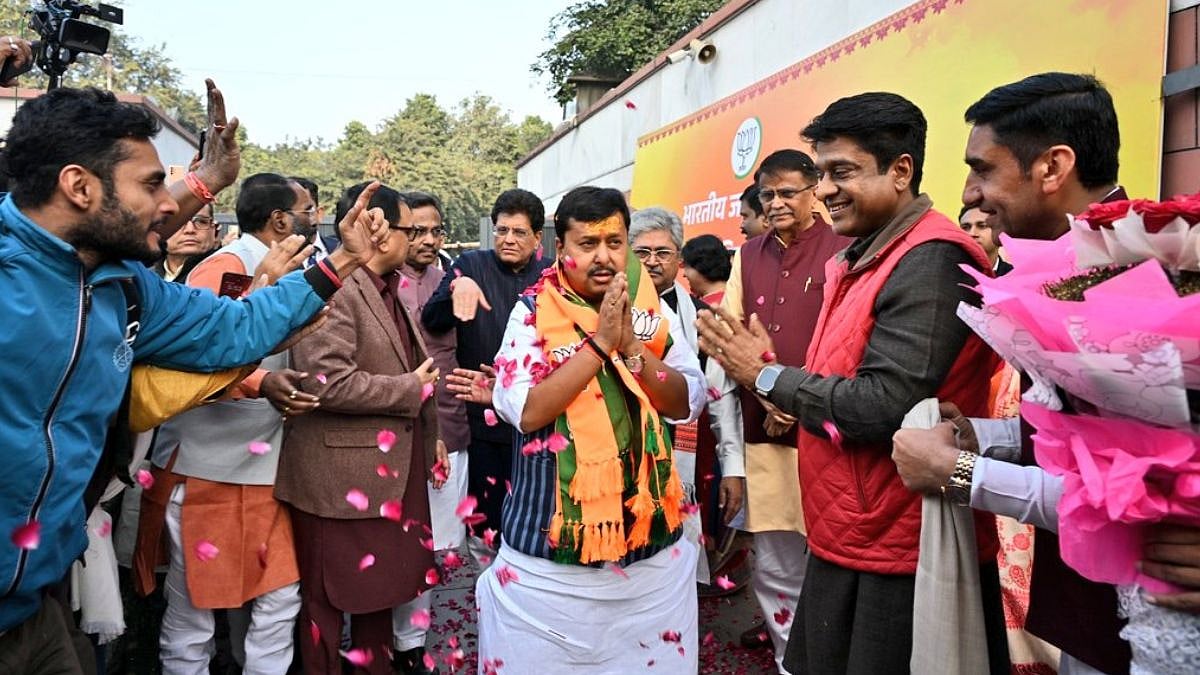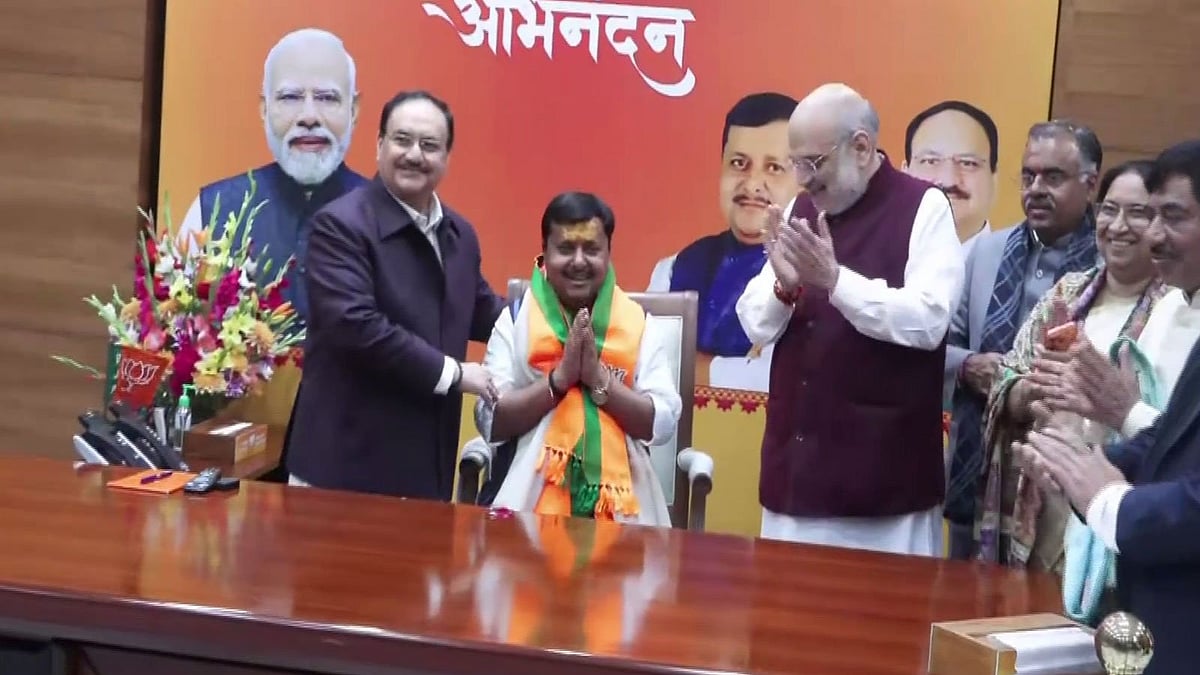A lot has been written about the 11 convicts in the Bilkis Bano gang rape and murder case who were given remission from their life sentences prematurely on the grounds of “good behaviour”. Most of it has been written from the perspective of the Hindu-Muslim issue. But let’s consider the remission case from the point of view of justice for the victim and the belief in the rule of law. Let’s also look at the case from the point of view of basic humanity and beyond the Hindu-Muslim binary.
The remission controversy began on August 15 when the 11 convicts walked out of the Godhra sub-jail after the Gujarat government allowed their release. They had completed 14 years in jail, the minimum sentence required for life convicts. Considering that on August 15 Prime Minister Narendra Modi had urged people to pledge not to do anything that lowers the dignity of women, saying a mentality to insult them in speeches and behaviour has crept in, the remission not only goes against basic humanity and constitutional morality, it’s also against gender justice.
Mr Modi, while addressing the nation from the ramparts of the Red Fort on the 76th Independence Day, also said that respect for women is an important pillar for India’s growth and stressed the need to extend support to Nari Shakti. Emphasising gender equality as a key parameter of unity and nation building, Mr Modi said the pride of Nari Shakti will play a vital role in fulfilling the dreams of India. Yet, on the same day, in a decision that violates the letter and spirit of the Prime Minister’s address, a Gujarat government panel approved a plea for remission for the 11 convicts who, besides rape, had been convicted for the murder of Bilkis’s three-year-old child and 13 others.
The remission in a case that lies at the heart of the continuing search for justice for the horrific communal violence of 2002 in Gujarat not only implies backsliding, it is also an act of exceptionalism. What is even more concerning is the fact that the remission decision was endorsed by the Central Government’s Ministry of Home Affairs. Equally shocking is the fact that ministers in the Union Government have said that there was nothing wrong with the release of the convicts. But the plain and simple truth is that the remission for the convicts — which was, incidentally, opposed by the trial court — is a serious setback for the long and twisting legal battle to secure convictions in the horrific crimes of 2002 in the face of formidable challenges and obstacles.
The trial court had said that the crime took place only because the victims were from “a particular religion” and the convicts did not spare even children and pregnant women. Other authorities had also reportedly recommended against the convicts being released early. Therefore, it is rare for the sentence of those convicted of heinous sexual crimes to be remitted. What is equally disappointing and disturbing is that the Supreme Court, which had intervened to ensure that Bilkis and other victims and survivors of the 2002 Gujarat riots received justice, allowed a remission plea by one of the convicts in May this year. This led to the state government setting up a panel that finally ordered the release of all 11 convicts.
No society is free of crimes like rape and murder. This includes the most evolved and advanced societies of the Western world. But in Western societies the rule of law applies forcefully and convincingly. This is not the case in India. When crime is not pursued to its logical end with due process of law and criminals are not given punishment commensurate with their crimes after they are found guilty, justice remains incomplete. In our country, the law enforcement system is so inefficient and the battle for justice for many citizens is so formidable that it is a constant struggle for the poor and marginalised to get justice. This makes the poor and the marginalised sections of society live in constant fear of the influential and powerful people, including the law enforcement agencies.
Still, there is a belief in the rule of law and the justice system that makes our society function with a semblance of normalcy. But when the expectation of justice is thwarted, the belief in the rule of law and the trust in the system of justice is shaken. At the human level, no one can deny that what happened to Bilkis and her extended family was terrible and horrific. What happened to her should not happen to any other woman, irrespective of religion. Not only she must get justice, but her religion should not matter. Unfortunately, we are living in times in which we have apparently become selective about a lot of things based on religion.
What’s hard to believe is that the Centre had approved the release of the convicts, which not only goes against the Modi government’s claim of being committed to women’s safety, but is also against the Centre’s recent instructions that while remitting sentences, the state Government should not free rapists and murderers. Legal experts are of the view that the remission documents show that the authorities did not apply their mind while granting remission. The question is whether the convicts were given remission because it was politically convenient to let them go. The answer is anybody’s guess. But when rapists and murderers are set free and the victim lives in fear, it raises several questions about the rule of law and justice.
The Bilkis Bano case goes beyond religious differences. It is about respect for life, about respect for women and justice for ordinary Indians. The apex court, which is hearing a petition challenging the remission of the 11 convicts must undo the injustice and restore faith in constitutional morality.
The writer is a senior independent Mumbai-based journalist. He tweets at @ali_chougule









